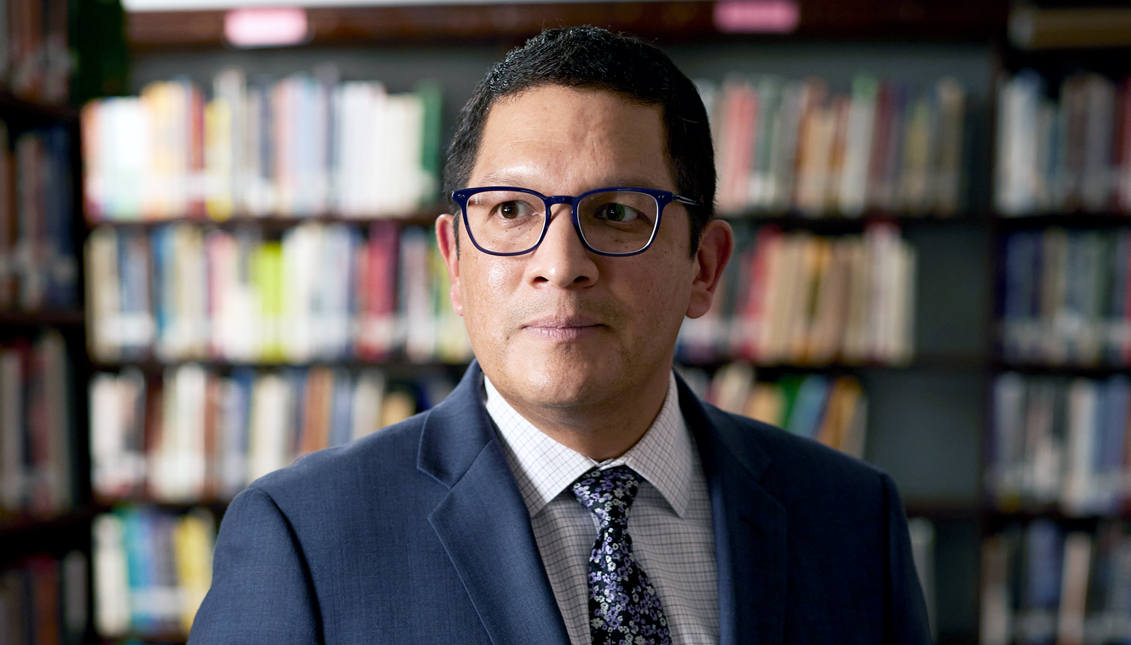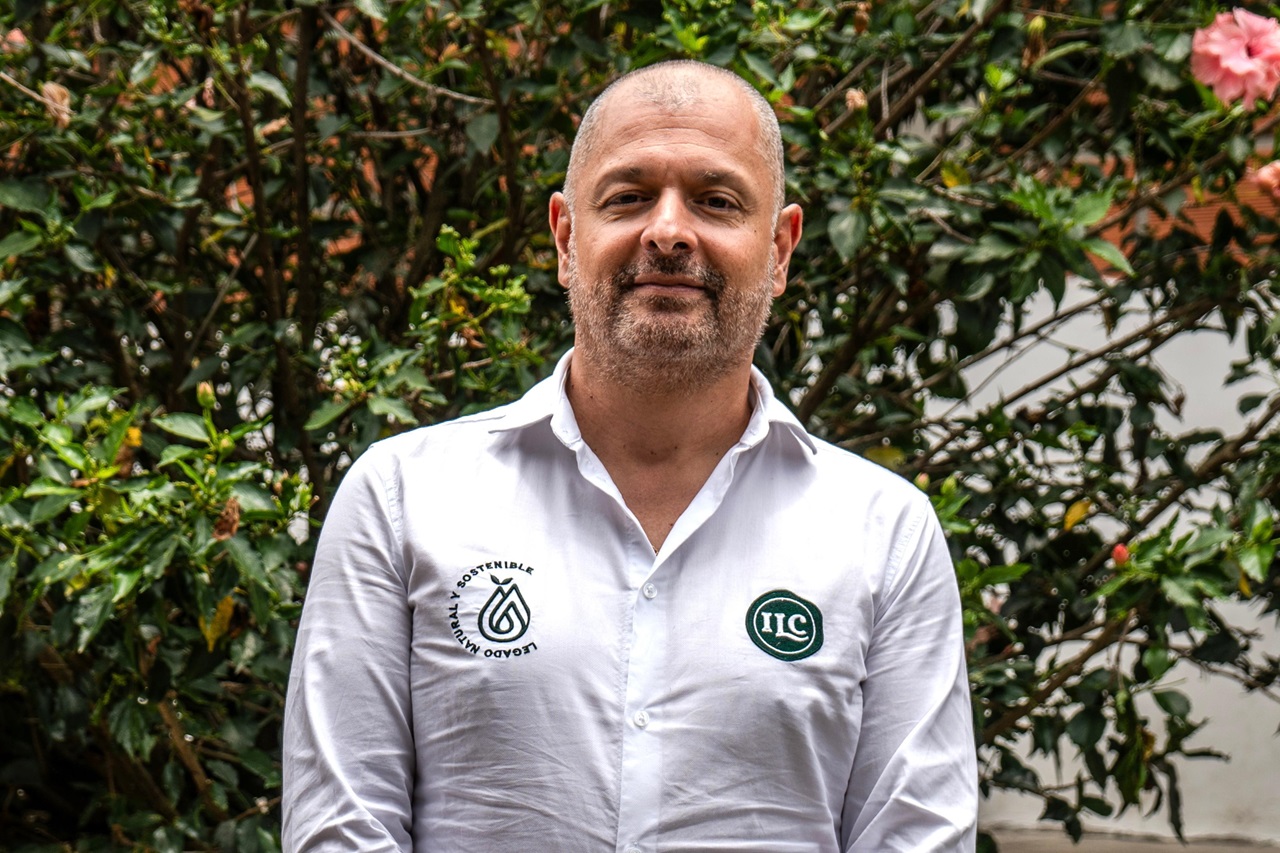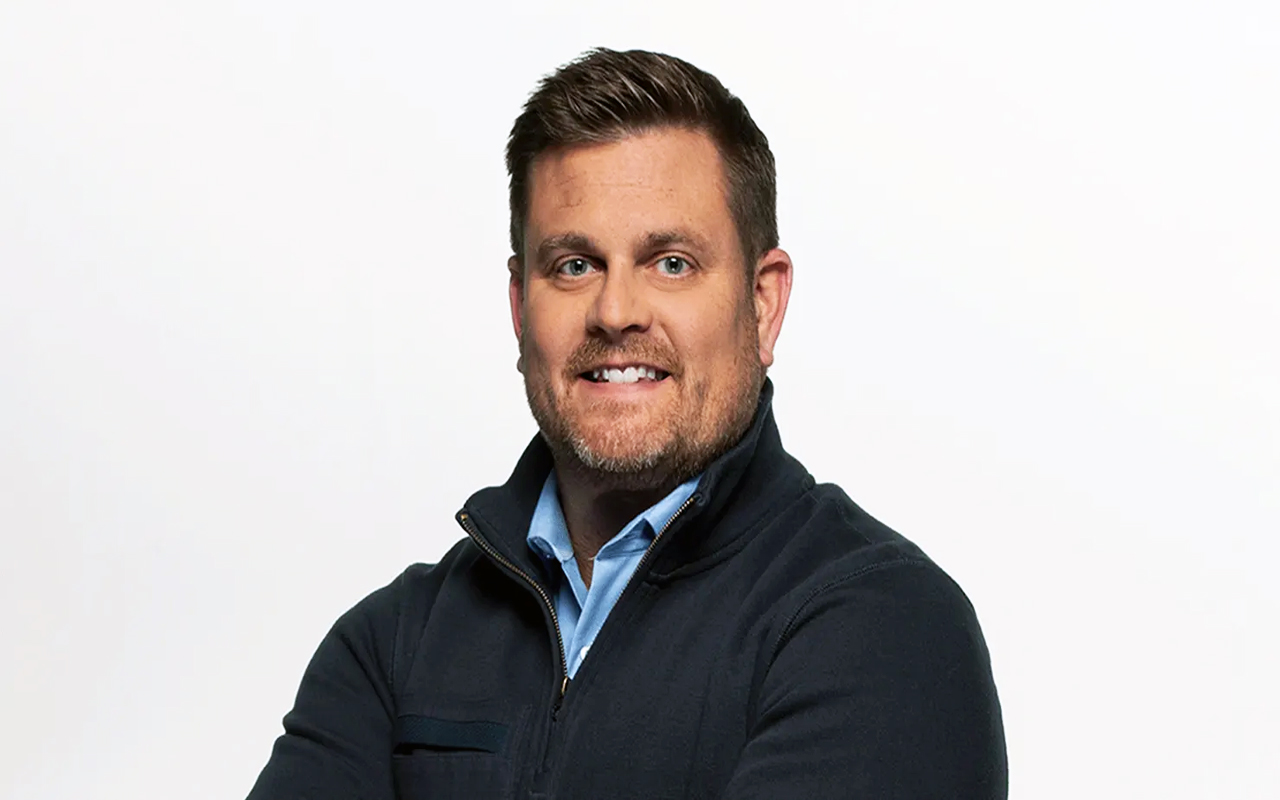
Noe’s New Normal
PA’s Education Secretary says the worst thing we can do is go back to the way things were in education in a post-COVID world.
One of the most frustrating things for Pennsylvania Secretary of Education Noe Ortega is when he hears leaders these days stress the importance of going “back to normal” from COVID-19’s all-virtual school format.
In his line of work, which involves providing guidance and leadership for roughly 2.5 million students at all levels of education across the Commonwealth, “back to normal” is often seen by others as a need to go back to in-person or face-to-face instruction to achieve the best educational outcomes for the most students.
“That’s not true,” said Ortega of the conclusion drawn by many across PA and the country. “We want to go back to more routine, familiar things — that can help us — but we certainly don’t want to just recreate the systems that were there before and then just assume they’re going to work this time.”
COVID-19’s effect on U.S. society and industry was astronomical. It took many long-standing systemic inequities and exacerbated them to levels that they could no longer be ignored no matter how hard leaders tried.
In education, the gap manifested itself in learning loss, which occurred in districts in Pennsylvania that were forced to go virtual without any of the resources to do so. Prior to the pandemic, those same districts struggled to keep lights on at schools, let alone update decrepit textbooks for their student populations, which were predominantly poor and Black and Brown.
For Ortega, the gaps in this “normal” so many speak of have been prevalent throughout his whole life, and bridging them has been a major part of his professional experience.
For Ortega, the gaps in this “normal” so many speak of have been prevalent throughout his whole life, and bridging them has been a major part of his professional experience.
He was born in Robstown, Texas, a small, rural, predominantly Latino town about 30 minutes west of Corpus Christi.
The town is known for two things: it’s agriculture and oil and gas industries. The local high school, Robstown Early College High, pays homage to the former with its mascot, the Cotton Picker. The name has faced increasing scrutiny over the years, but is an homage to the town’s history of migrant Latino workers, like Ortega’s parents, that spent long hours in the cotton fields to make a living.
They would also travel to California, Michigan and Nebraska for work, always returning to Robstown as a base. When Ortega and his two younger sisters were born, it became permanent, and his dad made the transition to work as a day laborer in the oil and gas industry.
Robstown itself was a place steeped in Texas-Mexican culture and Catholicism. From the celebrations to the food, Ortega never had trouble with his cultural identity.
“I think later in life [it] became really important because I wasn’t struggling with understanding the sense of belonging from who I was,” he said.
His parents also demanded excellence in school. For them, it was an avenue of social uplift so he could lead a life different from their own. They even expected him and siblings to attend college after graduating high school, which wasn’t the norm in the town.

Ortega, having also seen his parent’s activism around certain issues in the community, pursued a degree in political science at St. Edwards University in Austin, Texas, which he attended with help from the College Assistance Migrant Program.
As part of the program, he was required to have a work-study job, which he got in the school’s financial aid office.
“I got to understand how the system worked. How decisions are made about who gets awarded and who doesn’t,” Ortega said.
After graduating and realizing through internships that political science wasn’t his calling, he took another job in a financial aid office at nearby Austin Community College.
Unlike the private Catholic university that was St. Edwards, where students often took loans out with the help of parents, at the community college, financial aid was needed for “livelihood,” as Ortega described it.
He also realized that, while important work, it was not what he wanted to do. His next move would surprise everyone in his life, but also help him find his passion.
Ortega’s decision to go to Japan came from connections he made back at St. Edwards. His best friend had recently returned with his fiancé from a multiple-year stint teaching English in the country and he recommended Ortega do the same. There was initial uncertainty around obtaining a teaching certificate, but he learned all that was required was a bachelor’s degree, so he made the jump across the Pacific.
“When I shared with my dad and mom what I was planning to do. My dad has this look of confusion, and then says to me: ‘Did you break the law?’... ‘Are you running from something?’” remembered Ortega of breaking the news to his parents.
Following an initial major case of culture shock, Ortega settled into life teaching English and thought he would never return to the States. He ended up staying for seven years, and in that time, rose to a director position developing English curriculum for early education.
“I had to sort of learn, how does language development happen? How do you scaffold learning? All these things that I had no formal training on, but I was reading about how to do it, going to events and talking to other folks who had done it, and just fell in love with it,” he said.
Ortega came back to the states with the intention of pursuing a Master’s degree in curriculum development and instruction. Unfortunately, when he came back, Texas A&M-Corpus Christi, the college near his hometown that admitted him to its curriculum and instruction program, had done so by accident because it was required to have a U.S. teaching certificate.
He was left with a big choice to make on the fly: take an extra year to get certification or pick another program to pursue. Ortega picked the latter, studied counseling, and wound up back working in a financial aid office.
“Everything that I had sort of ran away from to move to Japan, all of a sudden was pulling me back in,” he said.
But this time was different. Texas A&M-Corpus Christi is a designated Hispanic-serving institution, and his role in the financial aid office was as an outreach coordinator to get more Latino students enrolled at the college.
RELATED CONTENT
The program he developed to do so was based on the same College Assistance Migrant Program he went through at St. Edwards, and it gained him statewide recognition.
“It was all tied to making sure that anyone who enrolled that was first generation, and had some risk factors, would graduate,” said Ortega.
He completed his Master’s and went on to work for the Texas Higher Education Coordinating Board, which allowed him to implement parts of his program across the state.
However, to elevate further on the board and in his education career, it required a Ph.D. The initial plan was for Ortega to go somewhere in Austin, but mentors pushed him to one of the best education programs in the country at the University of Michigan.
There, his work around getting DREAMers and other immigrant students in higher ed took him to the national stage in Washington D.C. Ortega’s work designing the University of Michigan’s policy for immigrant student admissions became the model used at institutions across the Northeast and the South.

It’s also how he first came into contact with leaders in Pennsylvania’s Department of Education.
The individual that preceded him as the state’s deputy secretary for higher education made the introduction between Ortega and then-PA Secretary of Education Pedro Rivera.
“He had asked for months, and I had actually said no,” said Ortega. “We were doing really good stuff at Michigan. I was enjoying it.”
He also had to complete his Ph.D., but did eventually sit down with Rivera to talk, and was captured by the secretary’s mission.
“He was committed to promoting equity access… for underserved communities. We talked a lot about the need for an agenda around Black and Brown students in Pennsylvania as well,” said Ortega.
Two months later, he took the position as Deputy Secretary and Commissioner of Postsecondary and Higher Education in Pennsylvania.
Three years later, in the middle of the COVID-19 pandemic, Ortega found himself promoted to be PA’s Secretary of Education.
It’s a role he admitted to being humbled and intimidated by, but nevertheless, jumped at it without thinking what was ahead because no one did at the time.
Now the question for Ortega is how to change the system. There is some funding to make it happen, but it’s also about mindset.
“How do you change whatever norms are informing the current system?”
“How do you change whatever norms are informing the current system?”
For Ortega, that’s a battle that will last much longer than COVID-19.











LEAVE A COMMENT:
Join the discussion! Leave a comment.